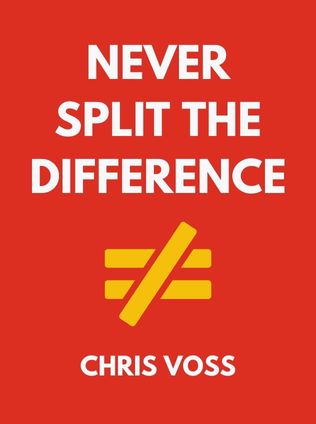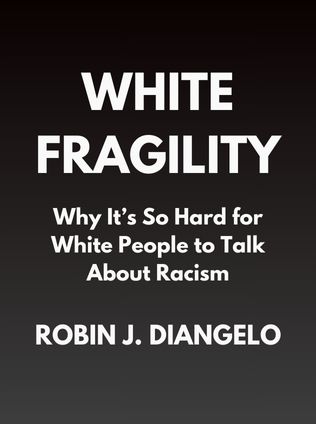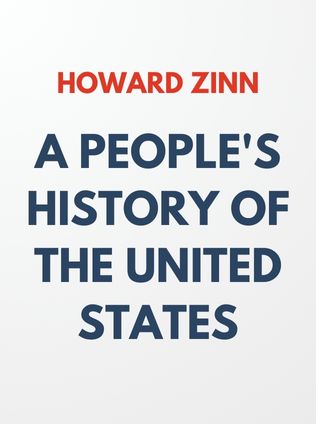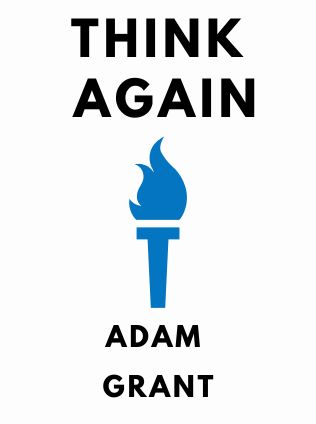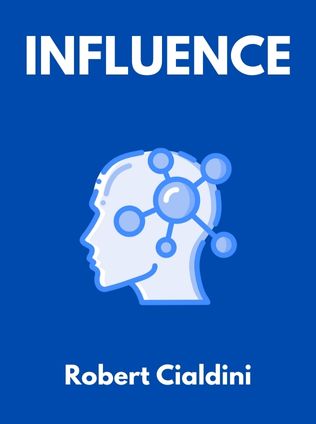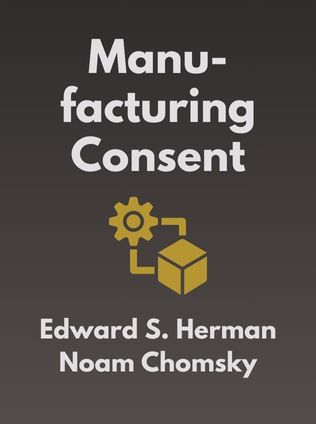
Manufacturing Consent
The Political Economy of the Mass Media
By Edward S. Herman and Noam Chomsky
Published 01/1988
About the Author
Noam Chomsky, a towering figure in the world of linguistics and political activism, has spent decades analyzing the intersections of language, power, and society. As a public intellectual, Chomsky has written extensively on topics ranging from linguistics to foreign policy, and he is known for his critique of media, corporate power, and U.S. foreign policy. His co-author, Edward S. Herman, was an esteemed economist and media analyst who dedicated his career to critiquing corporate power and the role of the media in shaping public perception. Together, they co-authored Manufacturing Consent, a groundbreaking work that explores how the media serves the interests of powerful elites in shaping public opinion and reinforcing the status quo.
Main Idea
Manufacturing Consent argues that the media in the United States, far from being an independent watchdog, functions as a tool of elite control. Through a set of informal yet highly effective mechanisms, the media limits the scope of debate and promotes narratives that align with the interests of political, economic, and social elites. This process, which the authors describe as a "propaganda model," operates through the filtering of information, shaping of public discourse, and marginalization of dissenting voices.
Table of Contents
- The Propaganda Model: An Overview
- The Role of Media Gatekeepers
- The Impact of Media Consolidation
- Advertising, Profit, and the News
- The Challenges of Misinformation and Fake News
- The Media's Role in Foreign Policy
- The Suppression of Adversarial Media
- Case Studies and Contemporary Relevance
The Propaganda Model: An Overview
Chomsky and Herman introduce the concept of the propaganda model to explain how media content is shaped by a range of forces that serve to reinforce the interests of the powerful. They argue that the media operates within a set of constraints imposed by ownership, advertising, sourcing, flak, and anti-communism (or its modern equivalents). These constraints create a filtering process that narrows the range of acceptable discourse, ensuring that the narratives presented to the public align with elite interests.
"The media serves the interests of state and corporate power, which are closely interrelated." — Noam Chomsky
The propaganda model is not a result of direct censorship or a top-down conspiracy but rather a product of the structural and economic pressures that shape the media industry. These pressures include the need to attract advertising revenue, reliance on official sources for news, and the avoidance of content that might provoke powerful interests. The result is a media system that, while appearing to be free and diverse, is in fact highly constrained in its ability to challenge the status quo.
The Role of Media Gatekeepers
Media gatekeepers—such as editors, producers, and corporate owners—play a crucial role in determining what news is reported and how it is framed. Chomsky and Herman argue that these gatekeepers are not neutral actors but are influenced by the same economic and political forces that drive the media industry. They have the power to shape public discourse by deciding which stories are covered, which voices are amplified, and which perspectives are marginalized.
The authors highlight the close connections between the media and political elites, noting that many media executives and journalists move seamlessly between the media and government or corporate sectors. This revolving door creates a symbiotic relationship where media coverage reflects the interests of those in power. As a result, the media often fails to provide critical scrutiny of government policies or corporate practices, instead reinforcing the narratives that serve elite interests.
Sign up for FREE and get access to 1,400+ books summaries.
You May Also Like
Rich Dad Poor Dad
What the Rich Teach Their Kids About Money - That the Poor and Middle Class Do Not!
By Robert T. KiyosakiHow To Win Friends and Influence People
The All-Time Classic Manual Of People Skills
By Dale CarnegieFreakonomics
A Rogue Economist Explores the Hidden Side of Everything
By Steven D. Levitt and Stephen J. DubnerI Am Malala
The Story of the Girl Who Stood Up for Education and Was Shot by the Taliban
By Malala YousafzaiQuiet: The Power of Introverts
The Power of Introverts in a World That Can't Stop Talking
By Susan CainFactfulness
Ten Reasons We're Wrong About the World – and Why Things Are Better Than You Think
By Hans Rosling











